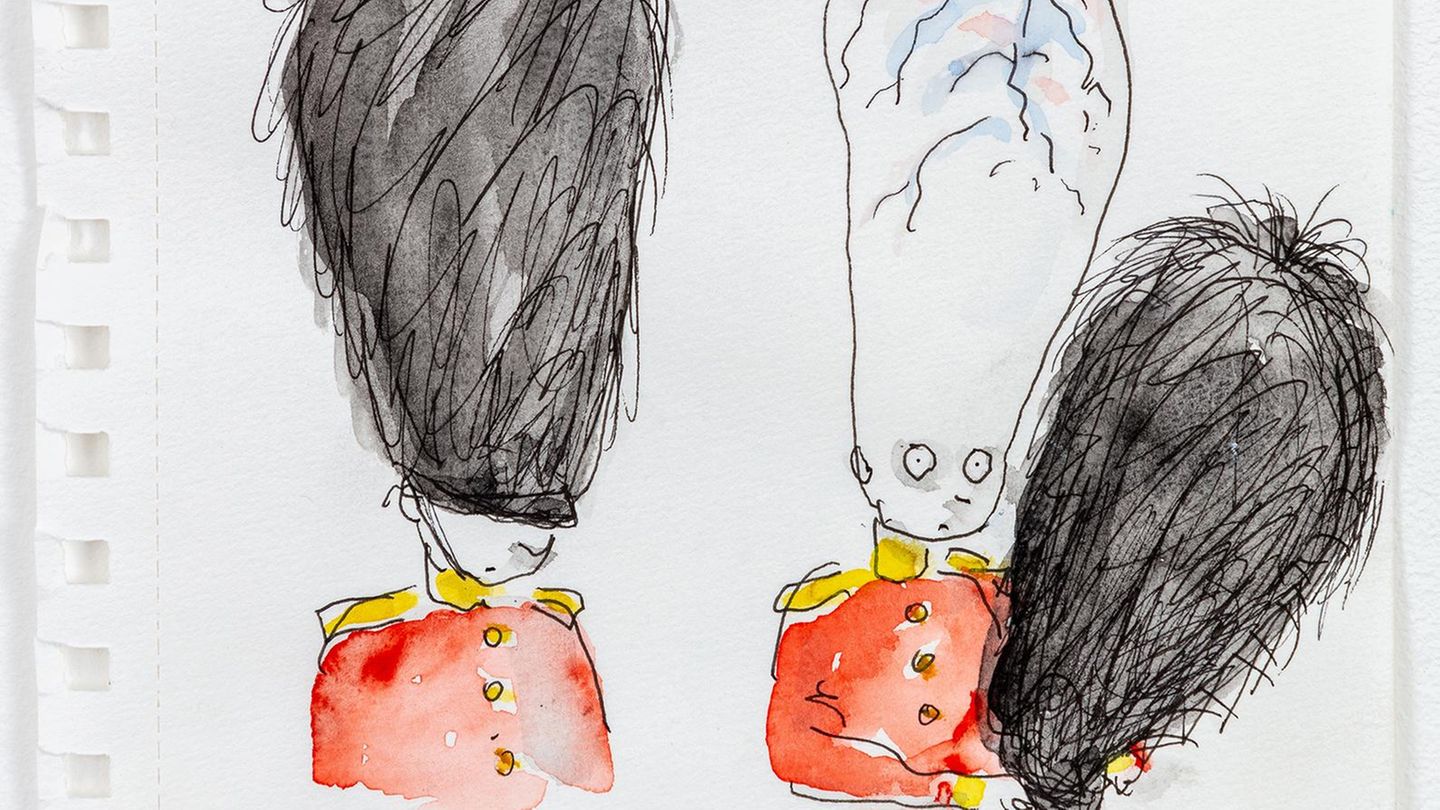Deportations to Afghanistan are controversial because of the massively deteriorating security situation. Most recently, the Afghan Ministry of Refugees called on EU and other European countries to stop deportations for three months from July. The militant Islamist Taliban now control just over half of the country’s districts.
In the letter, excerpts from the German Press Agency, are recommended to the member states to continue and strengthen the support and commitment of the International Organization for Migration (IOM) and the UN Refugee Agency in Pakistan, Iran and Turkey as these countries are likely to receive the largest influx of refugees from Afghanistan.
Unusual recommendations
It is unusual for such a recommendation to be made. Migration issues are actually the competence of the member states. The heads of mission on site can analyze and question certain topics, but cannot intervene in capital city decisions. Eight EU countries still operate embassies in Kabul, Austria does not. All the Heads of Mission have signed the report.
Austria officially adheres to deportations
In Austria, the debate about a possible freeze on deportation has recently intensified. Most recently, a planned deportation flight was canceled at the beginning of August. The federal government is sticking to the deportations.
Meanwhile, the US and NATO are calling on the Taliban to stop their attacks in Afghanistan. The US special envoy Zalmay Khalilzad left for Qatar to “persuade the Taliban to end their military offensive and to negotiate a political solution,” the US State Department said on Monday. NATO rates the violent advance of the Taliban as worrying. The UN High Commissioner for Human Rights, Michelle Bachelet, was also alarmed.
In the three-day talks in Qatar, the US wants to work with representatives of countries in the region as well as with multilateral organizations to reduce violence and a ceasefire and commit to not recognizing any violent government, it said. Khalilzad was instrumental in negotiating the modalities of the withdrawal of US troops with the Taliban.
NATO sees the high level of violence by the Taliban in its offensive, including attacks on civilians and reports of human rights violations, with “deep concern,” a NATO official told the German press agency. The Taliban had to understand that the international community would never recognize them if they refused to go to the political process and wanted to conquer the country by force. “You must stop your attacks and participate honestly in peace talks.”
The conflict cannot be resolved militarily, it said. A peace process under Afghan leadership must promote a ceasefire and a political solution. In particular, it must protect the human rights of women, children and minorities and ensure that Afghanistan “will never again become a safe haven for terrorists”. NATO calls on all regional actors to contribute constructively, as everyone would benefit from a safe and stable Afghanistan.
Possible war crimes
Reports from the regions suggested that war crimes and crimes against humanity were being committed, UN High Commissioner for Human Rights Bachelet said in Geneva on Tuesday. All participants in the conflict should stop further bloodshed. All states that have influence on the parties must work to end the fighting.
Since July 9, at least 183 civilians have been killed and almost 1,200 injured in four cities, including Kunduz, according to Bachelet. The real numbers are likely to be significantly higher. Since the Taliban offensive began in May, at least 241,000 people have been displaced by fighting.
Mass executions and attacks on government officials and their families have been reported from areas that have been captured by the Taliban, the human rights commissioner said. Schools, clinics and houses would be destroyed and anti-personnel mines laid down. The United Nations have also received reports that serious human rights crimes have been committed against Afghan soldiers, although they have been promised sparing if they surrender.
According to these reports, women are no longer allowed to leave their homes. In some cases, women have reportedly been beaten in public for breaking the new rules. A women’s rights activist was shot dead. “People rightly fear that the Taliban’s takeover will wipe out all human rights advances made in the past two decades,” said Bachelet.
Since the start of the withdrawal of international troops in early May, the Taliban have made massive territorial gains and are currently capturing one provincial capital of Afghanistan after the next. From 1996 until the US-led intervention in 2001, the Taliban controlled large parts of Afghanistan.




